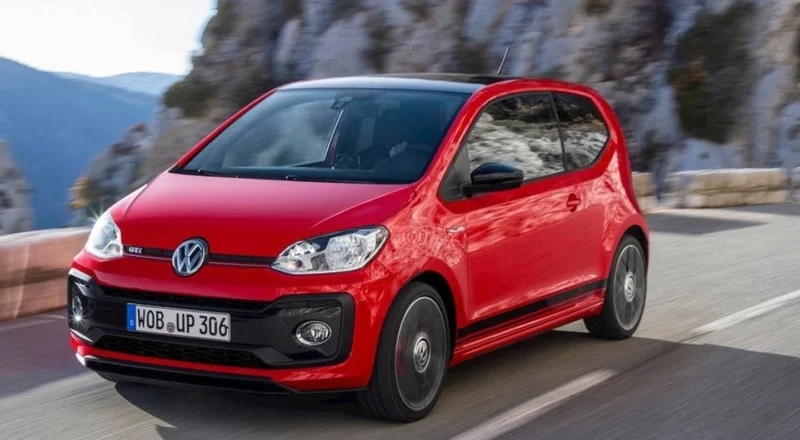The Volkswagen Up is a compact city car that’s perfect for urban driving, thanks to its excellent fuel economy, small size, and low running costs. One of the biggest advantages for UK owners is its affordable road tax—but how much exactly is the road tax for Volkswagen Up 1.0 in 2025?
Let’s take a closer look.
How Much Is Road Tax for Volkswagen Up in 2025?
In the UK, road tax (Vehicle Excise Duty – VED) is calculated based on your vehicle’s CO₂ emissions and registration date. The Volkswagen Up, particularly the 1.0 petrol version, is known for low emissions—meaning low tax bands.
| Model | Fuel Type | CO₂ Emissions | Year Registered | Estimated Annual Road Tax |
|---|---|---|---|---|
| VW Up 1.0 MPI (2017–2020) | Petrol | ~96–102 g/km | 2017–2020 | £165–£180 |
| VW Up 1.0 (2021+) | Petrol | ~108–113 g/km | 2021–2024 | £190 |
| VW e-Up (Electric) | Electric | 0 g/km | 2020+ | £0 |
| Older VW Up (2012–2016) | Petrol | 95–105 g/km | Before 2017 | £20–£110 |
🔋 Electric versions like the e-Up are exempt from road tax, making them a very budget-friendly choice in the long term.
Road Tax for Volkswagen Up 1.0 – What Affects the Cost?
Several factors influence the road tax for Volkswagen Up 1.0:
- CO₂ Emissions: The lower the emissions, the lower the tax.
- First Registration Date: Cars registered before and after April 2017 are taxed under different systems.
- Fuel Type: Petrol cars are taxed differently than electric models.
- Model Variant: Some trims may have slightly different emission figures.
How much is road tax for a VW Up 1.0 registered in 2022?
Around £190 annually under the standard rate for petrol cars.
Is the electric VW e-Up tax-free?
Yes! The e-Up produces 0 g/km of CO₂, so you don’t have to pay road tax in 2025.
